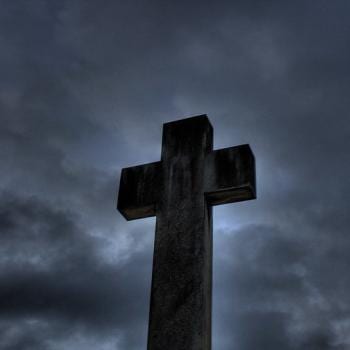Warren, Mich., Dec 18, 2012 / 04:01 am (CNA).- A 67-year-old tradition of placing a nativity scene on a public median in Warren, Mich. has been re-established after a four-year legal battle involving the Freedom From Religion Foundation.
“John Satawa was persistent enough to follow through,” CNA was told Dec. 17 by Richard Thompson, president of Thomas More Law Center, which represented Satawa, the crèche’s caretaker.
Satawa is “an individual citizen who was not going to disappear silently into the night, but was going to fight the decision of the road commission to maintain this tradition that had been going on since 1945,” Thompson said.
The crèche was erected again Dec. 15 by Satawa, his family and friends, and local Boy Scouts, after the Sixth Circuit Court of Appeals decided in his favor on Aug. 1.
While the nativity scene was being erected, Warren police controlled traffic as well-wishers gathered, carolers sang Christmas songs, a priest from nearby St. Anne’s Catholic Church blessed the display and passing motorists sounded their horns in approval.
In 2008 the Macomb County Road Commission received a letter from the Freedom from Religion Foundation objecting to a private citizen placing a nativity scene on a 60-foot-wide median.
They claimed the crèche violated the establishment clause of the First Amendment, and the county immediately ordered the display removed.
Satawa had gotten permission for the crèche several times, and in 1995 the local police department finally gave him a blanket permission to erect it in the future, so that he would not feel it necessary to ask again.
On March 9, 2009, after receiving the Freedom from Religion Foundation’s letter, a highway engineer for Macomb County, Robert Hoepfner, wrote to Satawa denying him a permit to resurrect the manger scene and only citing reasons related to the establishment clause for the denial.
Satawa then sued the Macomb County Road Commission for violating his rights under the establishment and free speech clauses of the First Amendment, and the equal protection clause of the Fourteenth Amendment.
The district court found in favor of the county, but its decision was reversed by an appeals court. (Read the rest of the story here.)











